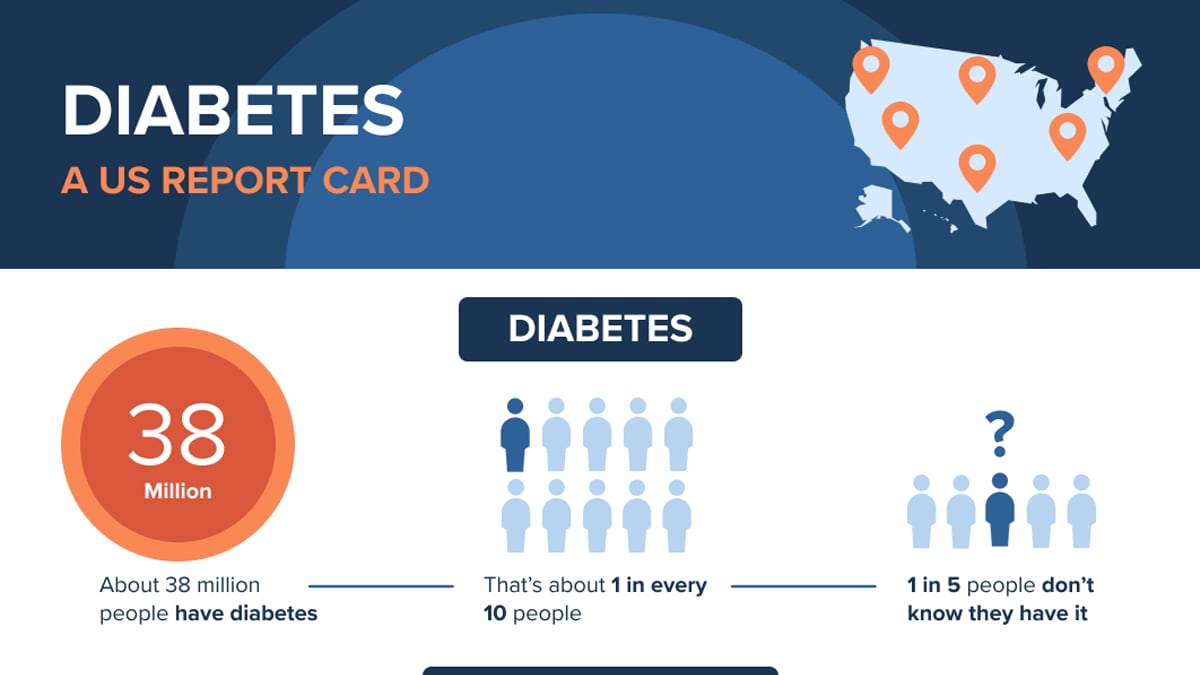Shop At Haya: Your Ultimate Shopping Guide
Discover the best shopping tips, trends, and deals for a smarter buying experience.
Sweet Surprise: The Hidden Dangers of Sugar-Free Snacks
Uncover the shocking truths behind sugar-free snacks! Are you trading sugar for hidden dangers? Find out what you need to know!
Are Sugar-Free Snacks Really Healthy? Unraveling the Myths
In recent years, the demand for sugar-free snacks has surged as consumers become more health-conscious and seek alternatives to traditional sugary options. However, it's essential to understand that not all sugar-free products are created equal. Many snacks labeled as 'sugar-free' may contain artificial sweeteners, which can lead to other health concerns. For instance, some studies suggest that these sweeteners can disrupt gut health and even trigger cravings for more sugary foods. Therefore, the myth that sugar-free snacks are inherently healthy should be unraveled with care.
Moreover, the nutritional profile of sugar-free snacks varies significantly among different products. Some may be high in unhealthy fats or calories, which can negate the benefits of being sugar-free. When evaluating these snacks, it is crucial to read the ingredient list and nutrition labels carefully. Instead of focusing solely on the sugar content, consider the overall quality of the ingredients. Always opt for snacks that offer balanced nutrition, incorporating whole foods such as nuts, seeds, and fruit, which provide natural sweetness without the downsides of artificial ingredients.

The Unseen Risks: What Sugar Substitutes Are Doing to Your Body
As more people turn to sugar substitutes in a bid to reduce calorie intake and manage weight, it’s essential to recognize the potential risks these alternatives may pose to our bodies. Many sugar substitutes, such as aspartame, sucralose, and saccharin, are often found in a variety of products - from sodas to baked goods. While they may offer a sweet taste without the calories, research indicates that consumption of these substitutes might lead to other health issues. For instance, some studies suggest a connection between these artificial sweeteners and an increase in cravings, which could potentially counteract their intended benefits.
Moreover, the long-term effects of sugar substitutes on metabolism and gut health are still largely unknown. The gut microbiome plays a crucial role in overall health, and some sugar substitutes have been shown to disrupt the balance of beneficial bacteria. This disruption could lead to digestive problems and a host of other health concerns, including increased inflammation. It’s crucial to be aware of what sugar substitutes you are consuming regularly and to consider whole food replacements as healthier alternatives whenever possible.
Sugar-Free Does Not Mean Guilt-Free: The Hidden Hazards of Sweeteners
Many consumers are under the impression that choosing sugar-free products is a guilt-free way to indulge in sweetness. However, it’s important to recognize that artificial sweeteners can come with their own set of risks and potential health hazards. For instance, some studies suggest that these sweeteners may disrupt gut microbiota, leading to digestive issues and even contributing to metabolic disorders. Moreover, people often compensate for lowering sugar intake by consuming larger quantities of other food, which can lead to weight gain rather than loss.
In addition to the physiological impacts, the psychological effects of sugar-free consumption can be significant. Many individuals might find themselves in a cycle of craving sweetness, ultimately leading to overeating. It’s also worth noting that not all sweeteners are created equal; while some may be lower in calories, others can trigger insulin responses similar to those caused by sugar. Therefore, it is crucial to understand that just because a product is labeled sugar-free, it doesn’t mean it's free from other detrimental effects. Always read labels carefully and make informed choices about what goes into your body.